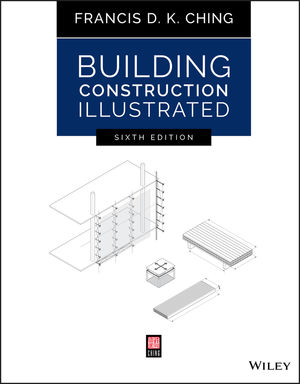“I think the big sort of benefit that the PBR brings and what’s going to really make a difference for these smaller projects is there are really two main technologies that are used in these sorts of projects,” Bullock explains.
The first is the combustion turbine, which can be repurposed for power generation applications. “Those would be technologies that have been used in Texas primarily because of the NOX rules,” Bullock adds.
“So what the PBR does is it changes the NOX rules in a way that’s going to allow the second technology, which is called a reciprocating engine, which is pretty conventional, similar to like your car engine except that it’s much, much larger and may run off natural gas,” he says. “So those engines are actually a lot more suited for those commercial/institutional applications.”
The problem is that permits have been difficult if not impossible to acquire in Texas for these technologies, Bullock explains. “So once the PBR takes effect, adopters in those applications will be able to get a permit for a reciprocating engine, which will reduce the capital cost and they just tend to be a better fit for commercial applications and institutions. So for all those reasons, we’re optimistic that [the PBR] will have a significant impact.”
Cauduro points out that a recent report from the Public Utility Commission of Texas states that “there is vast potential out there of smaller chemical manufacturers and processers, smaller manufacturers and others, including hospitals and data centers that are prime candidates for CHP.
“We think that it’s again going to cast a new light onto those projects and maybe if we combine this new permit with the fact that gas prices are at an all time low and the forward price of electricity in Texas may be going up, the stars may be aligned for a plethora of projects to be developed,” Cauduro says.
Adds Bullock, CHP has “been sort of recognized as an important technology by industries at large scale, and now what we need to do is make it available to other people that aren’t that large to get the same benefits that the larger industry has been getting for decades.”
The TCEQ expects that the rulemaking will be published in the Texas Register on August 10, with the PBR going into effect following on August 16.




